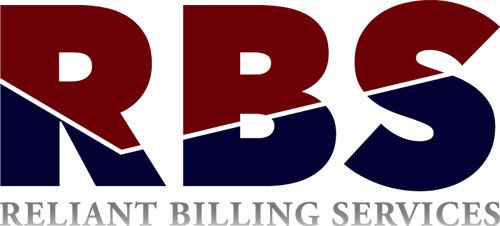Did you know that it typically takes urgent care facilities between 30 and 90 days to receive payment for a visit? But while those facilities wait for payment, they still have expenses of their own. Administrators have to provide documentation for each visit, post insurance claims, and schedule follow up appointments among other responsibilities. Further disruptions to the payment process can result in high accounts receivables, which may compromise the health of the practice. Financially assertive urgent care facilities, on the other hand, often rely on medical billing companies and billing software to reduce accounts receivables, which ultimately supports fluid business operations. This increases financial opportunities and reinvestment strategies, supporting the company at large. Urgent care billing plays an important role in the health of the practice. And facilities may reduce accounts receivables by following these strategies:
Outline Financial Policies Prior to Urgent Care Billing
One reason why clients may not pay their bills on time is because they don’t understand what they owe your practice. Administrators should outline financial policies prior to moving forward with urgent care billing to reduce confusion surrounding responsibility. Explaining that the patient is liable for bills that are not covered by their insurance policy may result in more consistent payments down the line.
Verify Valid Insurance and Patient Information
Verifying valid insurance and collecting current patient information prior to the patient’s visit may make it easier to collect payment down the line. Without a current address, patients may be unable to receive billing notices, which will make it impossible for them to pay. Keeping current patient details on file is vital to being able to communicate with them. This information will also make it possible for administrators to submit claims in a timely manner.
Prevent Medical Billing Errors by Acquiring the Correct Information
One area where payment tends to get stuck is in the claims process. If a claim is submitted without the correct information, it may be denied. Medical billing errors almost always result in a payment delay, since the claim has to be corrected and resubmitted. Avoiding common medical billing mistakes sets the practice up for fluid collections. Once the practice has collected all patient information, a claim should be carefully submitted with all correct information to prevent payment delays.
Invoice the Urgent Care Client
When it comes time to invoice the patient, providing clear payment instructions is imperative to collecting payment. An incorrect invoice with a lack of instruction is much less likely to procure results than a valid, and thorough one. While healthcare software can help practices create a fluid billing cycle, the software cannot accommodate data errors, which is why the input phase is so important. The invoicing time frame also provides an opportunity to outline payment plans, cash options, and any discount programs you may provide. If you offer several different payment options, you are more likely to secure payment from your clients.
Evaluating Urgent Care Metrics
Another great way to reduce urgent care accounts receivables is by evaluating urgent care metrics. How many outstanding payments does your practice have? How do those figures disrupt the business’s finances? And how long does the typical client’s payment take? Once you’ve answered these questions, you’ll have a clear understanding about your practice’s accounts receivables, which sets you up to handle them more intentionally.
After you answer these questions, you should evaluate the most common causes of delayed payments. Is it the billing process? Are there a lot of medical billing errors? Does administrative turnover contribute to less effective payment procurements? Are patients unable to pay their bills? As you begin to notice trends, you can develop practices that allow you to bypass or negate the most common accounts receivables issues. Evaluating urgent care metrics can help practices optimize the medical revenue cycle to support the practice.
Utilizing Outsourced Billing Services for Urgent Care Accounts Receivables
Sometimes the urgent care’s administrators are able to adequately handle accounts receivables on their own. But practices that struggle to obtain payment, that experience high amounts of turnover, or that don’t have the resources to secure payment may benefit from hiring a third party for the job. Outsourced billing services may provide the perfect solution.
Reliant Billing Services has been providing medical billing services to optimize workflow for nearly 25 years. Our methods are effective at reducing urgent care accounts receivables, which contributes to a more efficient revenue cycle. Contact us today to discuss additional ways to reduce your practice’s accounts receivables.

